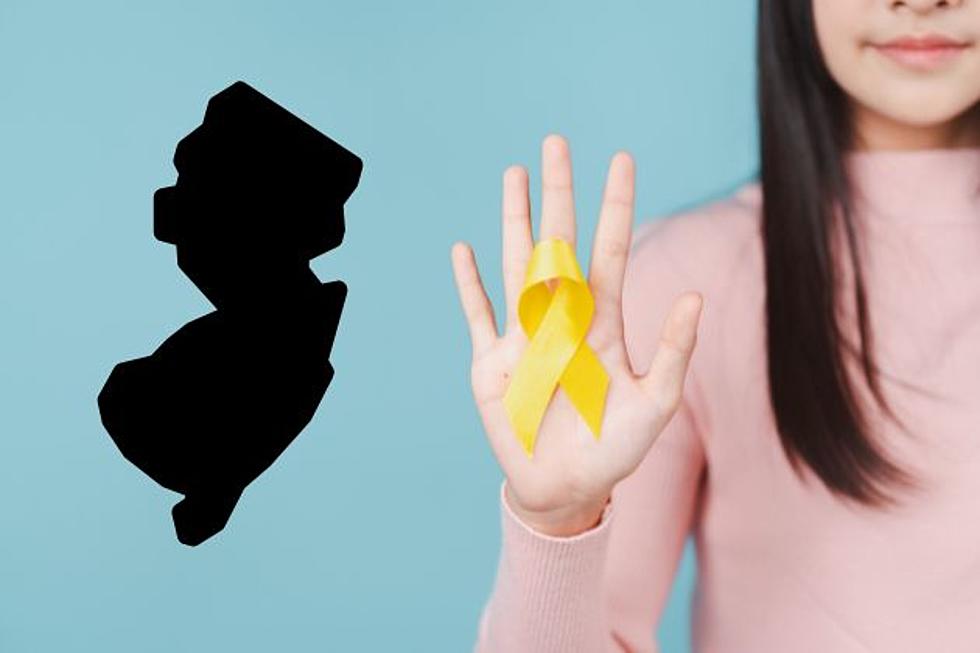
Teen suicide: NJ panel holds hearing following death of Adriana Kuch
⚫ Advocates say today's students are in crisis, and the time to act is now
⚫ Social media and COVID have added fuel to the fire
⚫ Schools and hospitals are struggling to keep up with demand for mental health help
Many of today's possible triggers for depression among youth have been around for generations: bullying, current events, genetics, sexual assault, and domestic violence, to name a few.
But adolescents in 2023 get the added bonus of battling the pressures of social media and the bounce-back from a worldwide health emergency that interrupted routine and strained social connections.
"I've never seen it like this before. Our children are struggling at levels that are unbelievable," Susan Tellone, clinical director for the Society for the Prevention of Teen Suicide, told members of the New Jersey Senate Education Committee.
State Sen. Vin Gopal, D-Monmouth, chair of the committee, held a special hearing on the topic of teen suicide on Thursday, nearly one month after Ocean County high school freshman Adriana Kuch took her own life.
"We must do all we can to confront this ongoing tragedy, and comprehensively address this public health crisis that is taking its toll on families across our state,” Gopal said.
Teen suicide and depression figures
According to data released in February by the Centers for Disease Control and Prevention, 57% of teen girls "felt persistently sad or hopeless" in 2021. Nearly one in three seriously considered attempting suicide; that's up by nearly 60% from a decade ago.
The rate of suicide among adolescents aged 15 to 19, though, has remained steady in New Jersey over the years, at around five per 100,000.
"The list contributing to their anxiety, to their depression, and for far too many, to suicide, just goes on and on," Mary Abrams, senior healthy policy analyst for the New Jersey Association of Mental Health and Addiction Agencies, told the Senate panel.
Advocates who testified Thursday before Gopal and his colleagues agreed that increased services are needed in schools and beyond — the help available doesn't match the demand from students who are struggling.
Schools' efforts to address suicide
"We're disconnected in terms of mental health and helping our youngsters. We're operating in silos," said Joe Isola, superintendent of Howell Township Public Schools. "We must start to figure out how to coordinate services and bring the mental health experts to the students."
As a principal for several years in the early 2000s, Isola did not experience one suicide attempt by a student. Today, they're talking to several kids on a daily basis due to concerns voiced by students or staff. Just a few weeks ago, two kids from the K-8 district had to be hospitalized for suicide attempts, Isola said.
The West Windsor-Plainsboro Regional School District spends hundreds of thousands of dollars to handle student mental health, according to Superintendent Dave Aderhold. But that's not enough, he said — and the pandemic has been an "accelerator and a game changer."
"I would argue that we place our focus on the wrong kind of loss," Aderhold said. "We talk about learning loss, and to me, learning loss is a byproduct of kids feeling healthy and safe and challenged and engaged and supported."
Teachers and school staff have become de facto mental health screeners in today's society, noted Dr. Eric Alcera, network medical director at Hackensack Meridian Health.
At the same time, Alcera said, hospital emergency departments are "overwhelmed" with mental health visits for youth.
"Kids are languishing in our hallways, waiting to be seen by mental health providers that sometimes don't exist," he said.
At the close of the hearing, Sen. Gopal said that work with stakeholders will "hopefully provide some good solutions in the weeks and months ahead."
Dino Flammia is a reporter for New Jersey 101.5. You can reach him at dino.flammia@townsquaremedia.com
Click here to contact an editor about feedback or a correction for this story.



